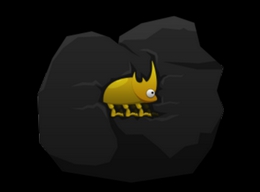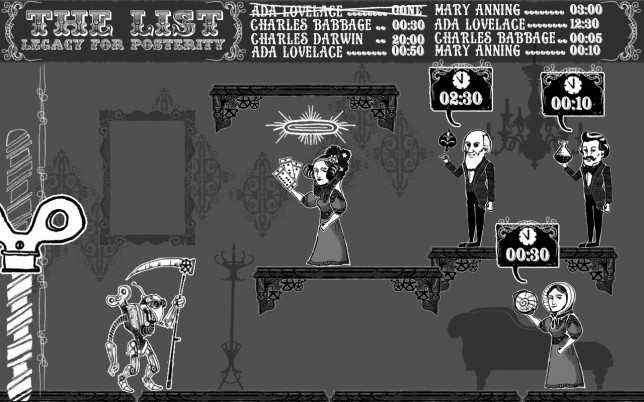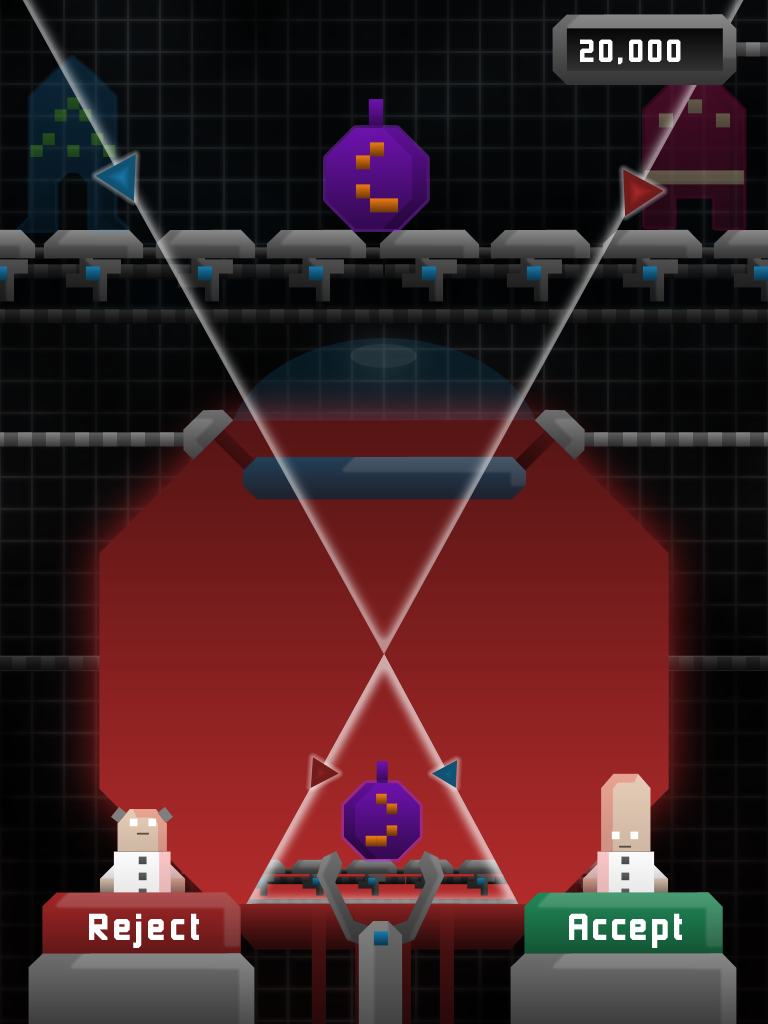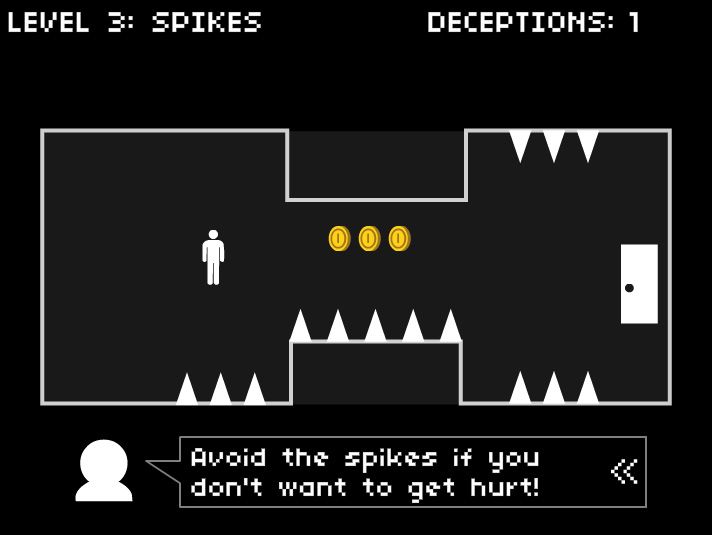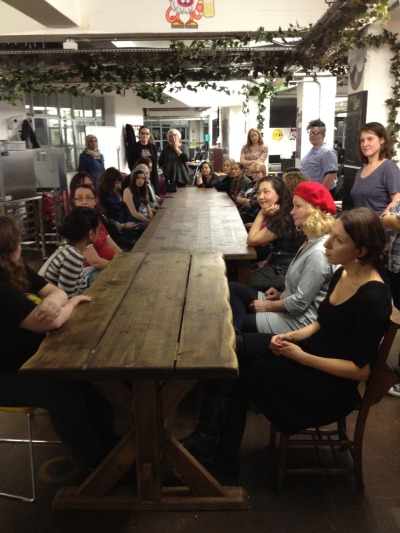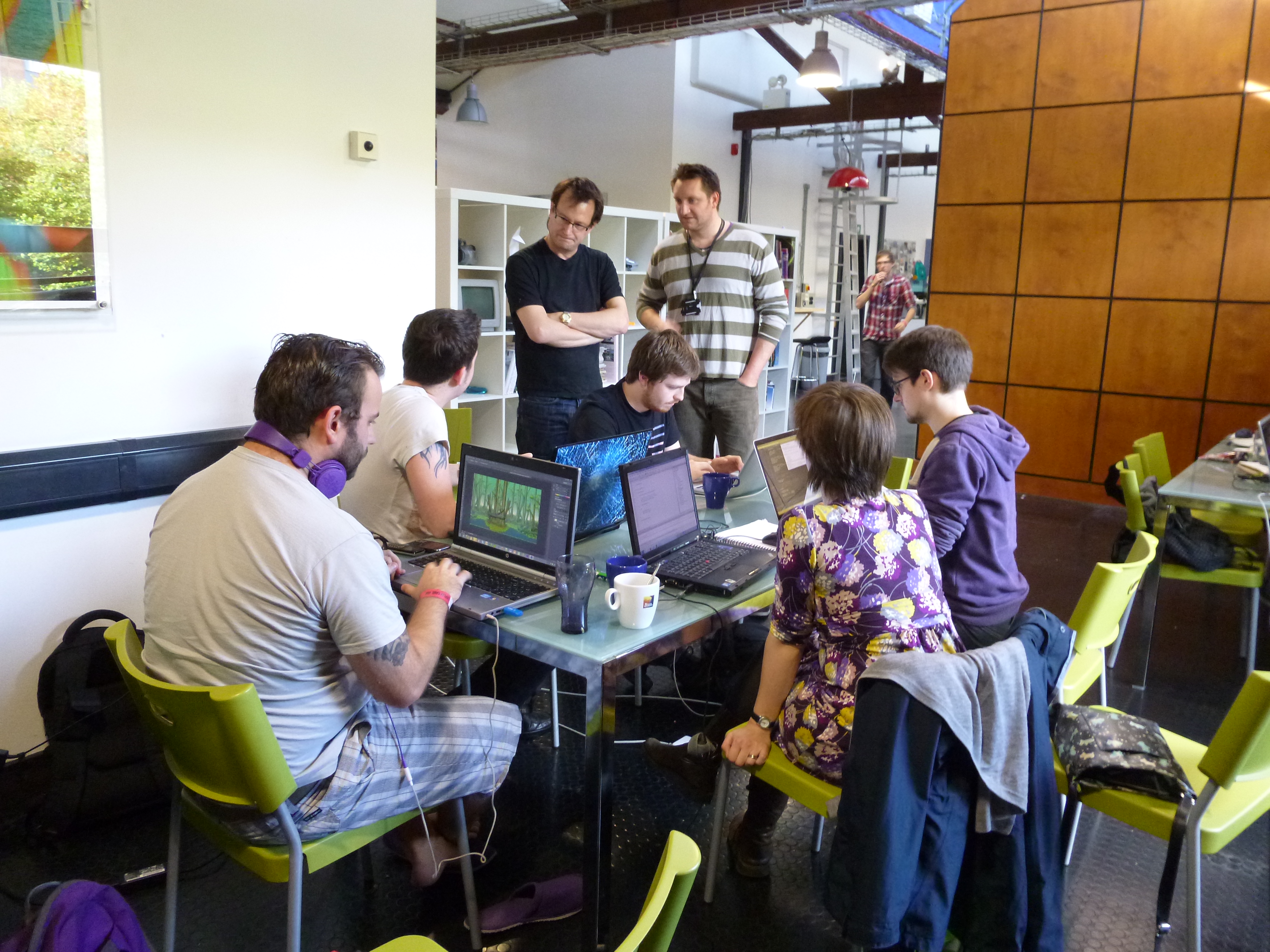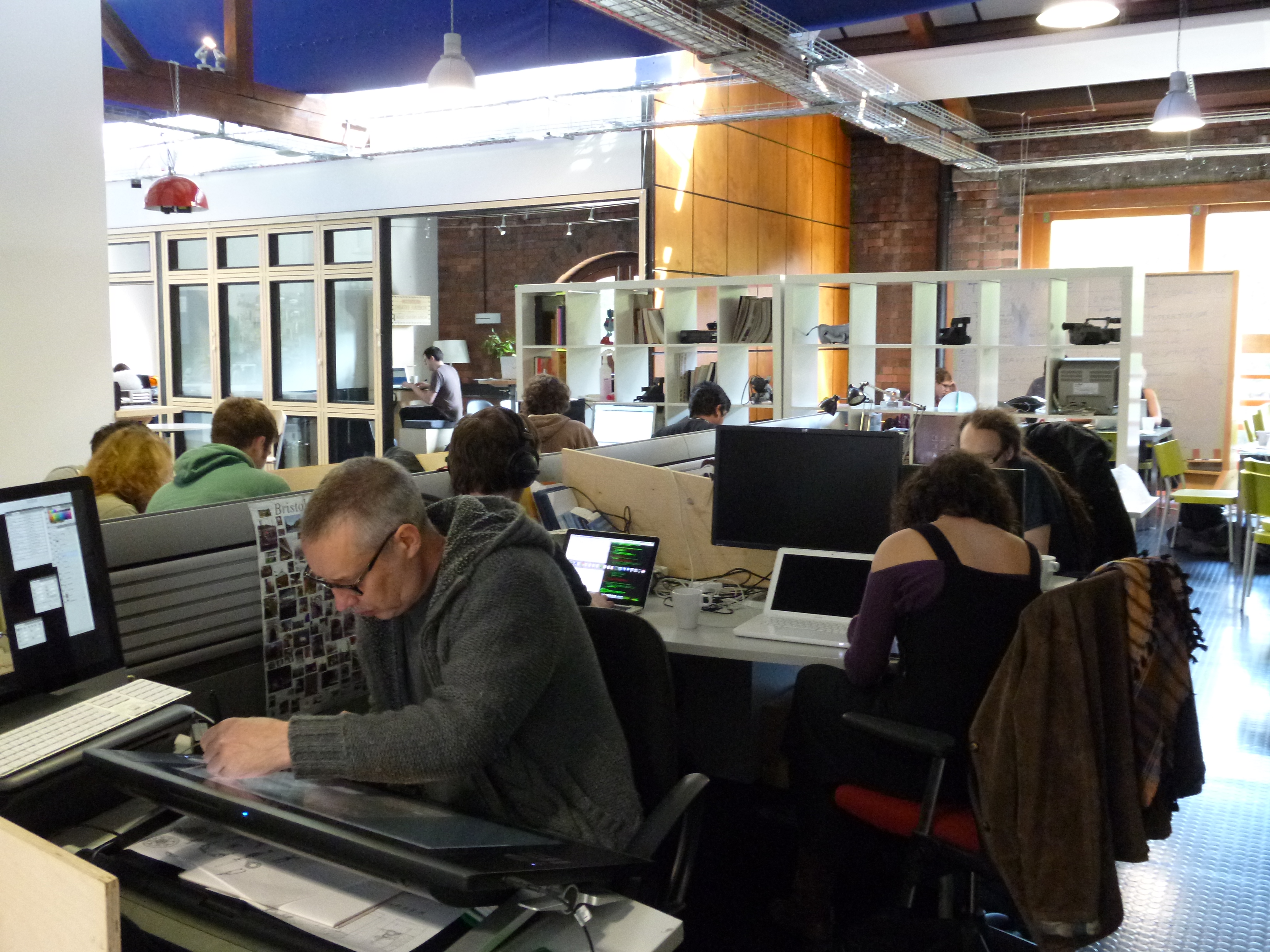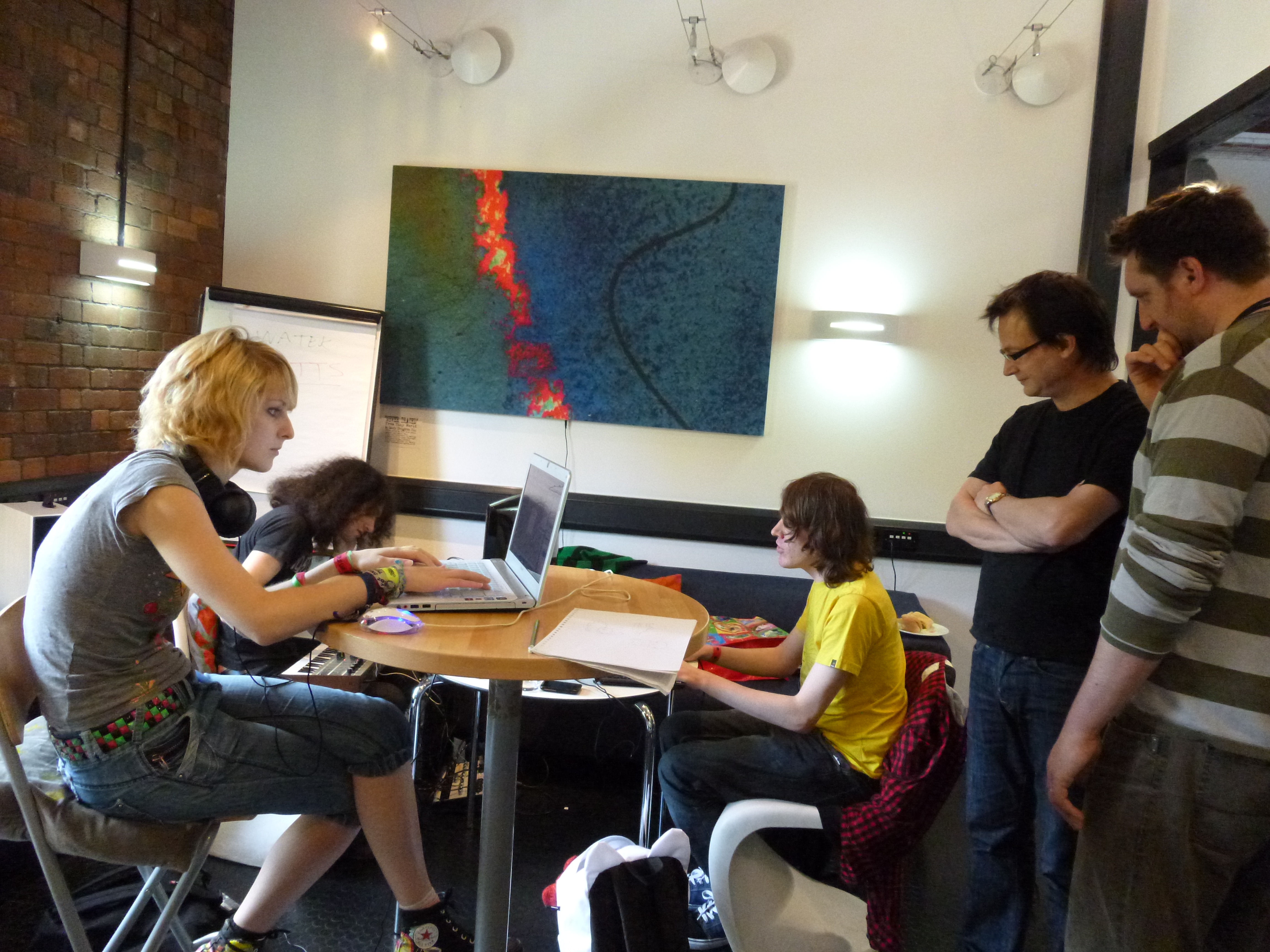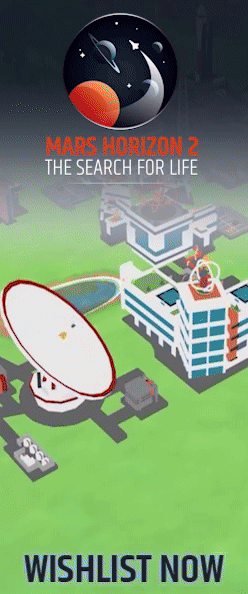GameTheNews to Join Europe‘s First Newsgames Hackathon
/The New York Times’ most popular story of 2013 was not an article. It was an interactive quiz. The Times They Are A-Changin. Games as the defining medium of the 21st century are obviously starting to disrupt journalism. In order to accelerate this process the independent game studio, the Good Evil and the Cologne Game Lab are organising Europe‘s first Newsgames Hackathon in Cologne, Germany this spring.
Journalists, programmers and game designers are invited to conceptualise and produce working prototypes in 48 hours. The results will then be presented during this years Clash of Realities, an international acclaimed computer game conference.
The young genre has already been tried out worldwide by innovative media companies like The New York Times, Huffington Post, Wired, BBC, Channel 4, The Guardian and Le Monde.
“In a clear distinction to classical linear approaches Newsgames allow the interactive experience of content and are very well suited to explain systems“, says Marcus Bösch. The german journalist and co-founder of the Good Evil is the Hackathon's initiator.
For several years he has been busy exploring Newsgames. After having given workshops, talks and media appearances on the topic he, together with his game studio, has designed PRISM - The Game: Germany‘s very first Newsgame, published by Arte Future.
Now the Good Evil in cooperation with the Cologne Game Lab, an institute of the Cologne University of Applied Science, wants to bring together journalists, game designers and programmers on May 6th and 7th. Dr. Tomas Rawlings from GameTheNews, shortlisted for a GamesIndustry.biz Innovation Award, will hold a keynote,“We see newsgames as a means of talking to gamers about the world around them in a language they understand. Games as a form has expanded and we're seeing them being put to use for everything from curing cancer to teaching maths. When it comes to news and current affairs we're right at the start of an exciting journey.“
Attendance to the event is free of charge. Anyone interested can apply online until March 20th: http://newsgames-hackathon.tumblr.com/applyhttp://newsgames-hackathon.tumblr.com/apply Participants from Austria or Switzerland can apply for a scholarship that covers travel and hotel costs thanks to the Neue Zürcher Zeitung and the Forum Journalismus und Medien in Vienna. Deutsche Welle, Germany‘s international broadcaster is the main media partner of the event.
Newsgames Hackathon. May 6th and 7th in Cologne, Germany. The results will be presented during this years Clash of Realities Conference on May 8th.

Coverage:


